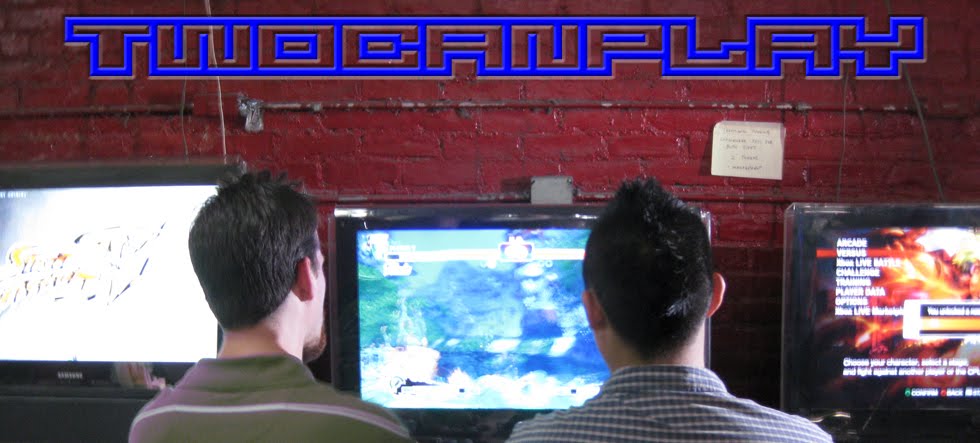
Two weeks ago, GDC was held in San Francisco, I was not lucky enough to have gone, but through numerous plugs, podcasts and G4 I noticed that Digital Distribution has become a hot topic again. I suppose it never stopped being a topic; instead it was simply reintroduced in a new medium called OnLive. Never heard of it? Neither had anyone else until this conference and it has brought out the skeptics in the industry. I can't decide what to believe, as I have yet to experience it for myself, but for this post lets explore what OnLive does (theoretically) and how it could change the industry. Here is a quick synopsis off their website:
"OnLive is launching the world’s highest performance Games On Demand service, instantly delivering the latest high-end titles over home broadband Internet to the TV and entry-level PCs and Macs. Founded by noted technology entrepreneur Steve Perlman (WebTV, QuickTime) and incubated within the Rearden media and technology incubator, OnLive spent seven years in stealth development before officially unveiling in March 2009. OnLive, together with its Mova subsidiary, lies directly at the nexus of several key trends, all of which are reshaping the way we think about and use digital media: The shift to cloud computing, displacing the limitations, cost and complexity of local computing; An explosion of consumer broadband connectivity, bringing fast bandwidth to the home; Unprecedented innovation, creativity and expansion within"

Basically, you log in via the set top device or a personal computer (mac included) and using "cloud" technology; the OnLive servers are able to stream a games video into that said device. You would have to connect some sort of input device, but all the processing and graphics are computed at the server and you are essentially watching a video of what you are playing as you play (hopefully lag free). It works, in a controlled setting, as developers demoed it at GDC, but on a massive scale it seems wrought with road blocks. For example; not all publishers have signed on (although EA, Ubisoft, Take-two, and 9 other publishers are go for launch), the distance to a server is a factor (about 1000 miles), and most ISPs have bandwidth caps, making it seem more difficult for adoption by the masses. In time, all this will be overcome and for developers/publishers, it will be a more profitable direction to eliminate the retailer. Because in the end, all developers aim to do is get their games to consumers in the simplest way possible.

The Zeebo aims to due something similar for 3rd world gamers, buy offering affordable downloads, on a 3G network. With an initial launched scheduled for Brazil this year, Zeebo will hope to bring gaming to locations in the world, currently NOT supported by next generation systems. They too offer games from a plethora of publishers and according to the website "are viewed as the world's 4th console gaming platform", but the question of their success will remain just that for a time. Mostly due to the fact that Brazil has one of the largest grey markets in the world, purchasing a PSone with 100 burned games on the cheap does not sound like a bad way to game it up where I am sitting.
Some postulate our future would lie in the full download service, others see it as being streamed. Will OnLive be the future of gaming and will Zeebo carve out a place for itself among the other 3 consoles in the market? Only time will tell. One thing is certain, whether or not OnLive and Zeebo become the next big things is less relevant, because the next big thing will be digital distribution. I heard on a podcast yesterday that Sony has just patented the phrase "Playstation Cloud", I wonder what that could be for...
All pics are courtesy of www.penny-arcade.com, http://www.onlive.com, and http://zeeboinc.com


No comments:
Post a Comment